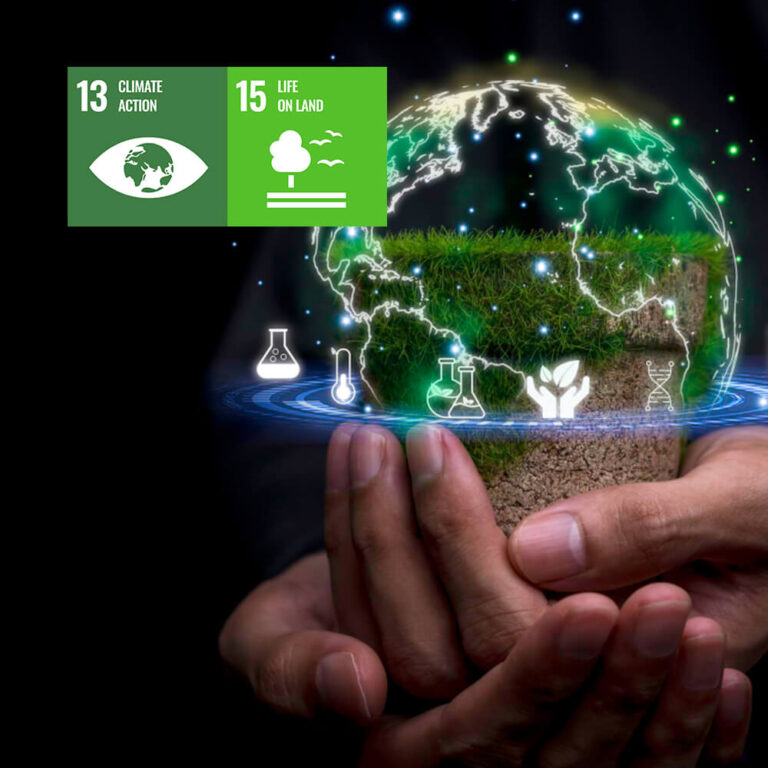Ecosystems provide essential services that support human well-being, such as clean air and water, fertile soils, and climate regulation. Conserving ecosystems ensures the continued availability of these services, enabling long-term economic, social, and environmental benefits.
Sustainable development seeks to meet present needs without compromising the ability of future generations to meet their own needs. Ecosystem conservation plays a key role in achieving this goal by preserving biodiversity and ecological balance. Healthy ecosystems contribute to sustainable food production, as they provide habitats for pollinators and natural pest control. They also serve as natural buffers against climate change impacts, reducing the vulnerability of communities to disasters.
Intact ecosystems offer opportunities for sustainable tourism, recreation, and research, promoting economic growth while preserving natural resources. Conservation efforts also foster community engagement and empowerment, as local populations become stewards of their natural surroundings.
In essence, ecosystem conservation is essential for promoting sustainable development as it safeguards essential services, supports livelihoods, mitigates climate change, and fosters resilience. It is a crucial investment for the well-being and prosperity of all.
